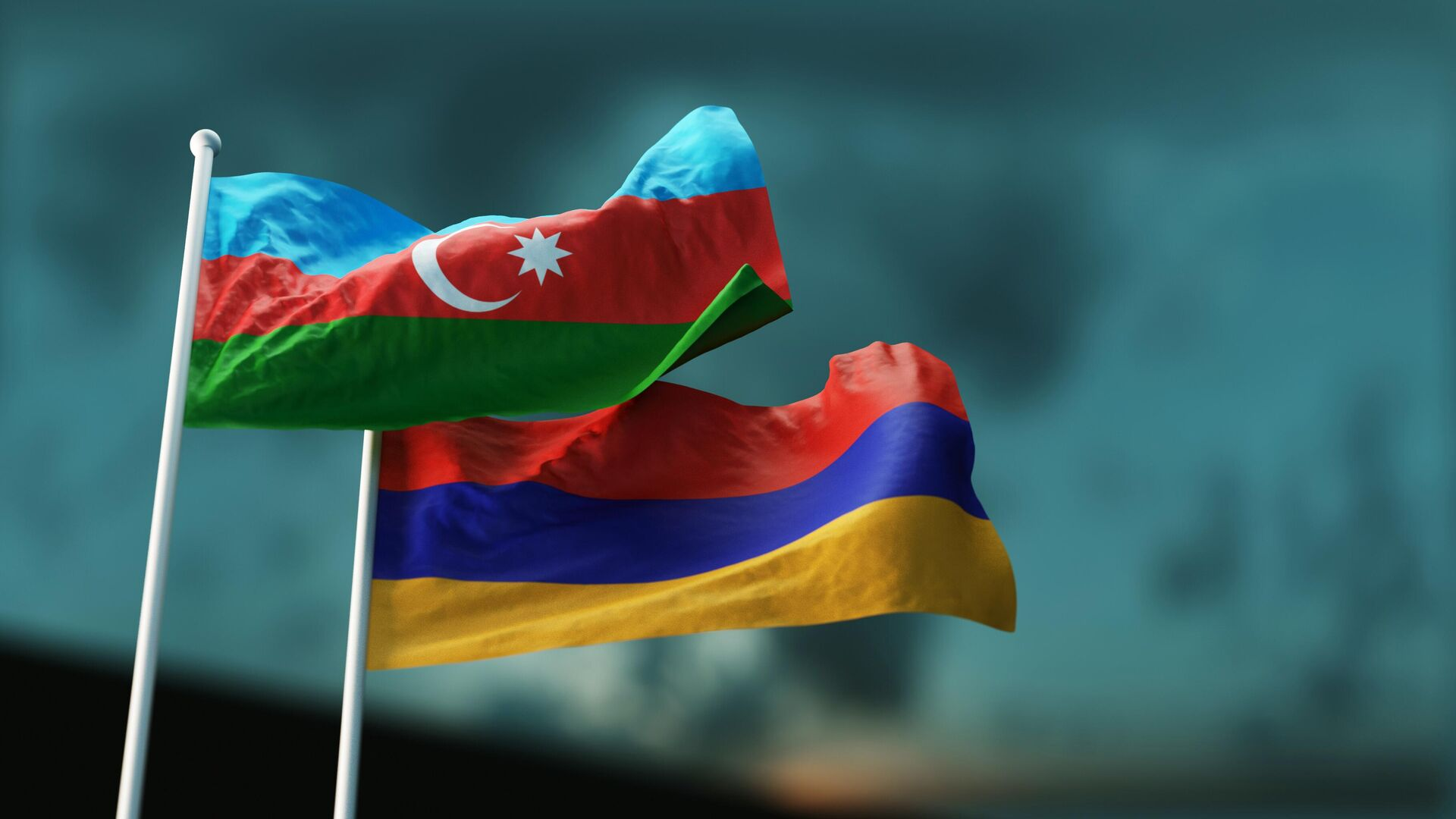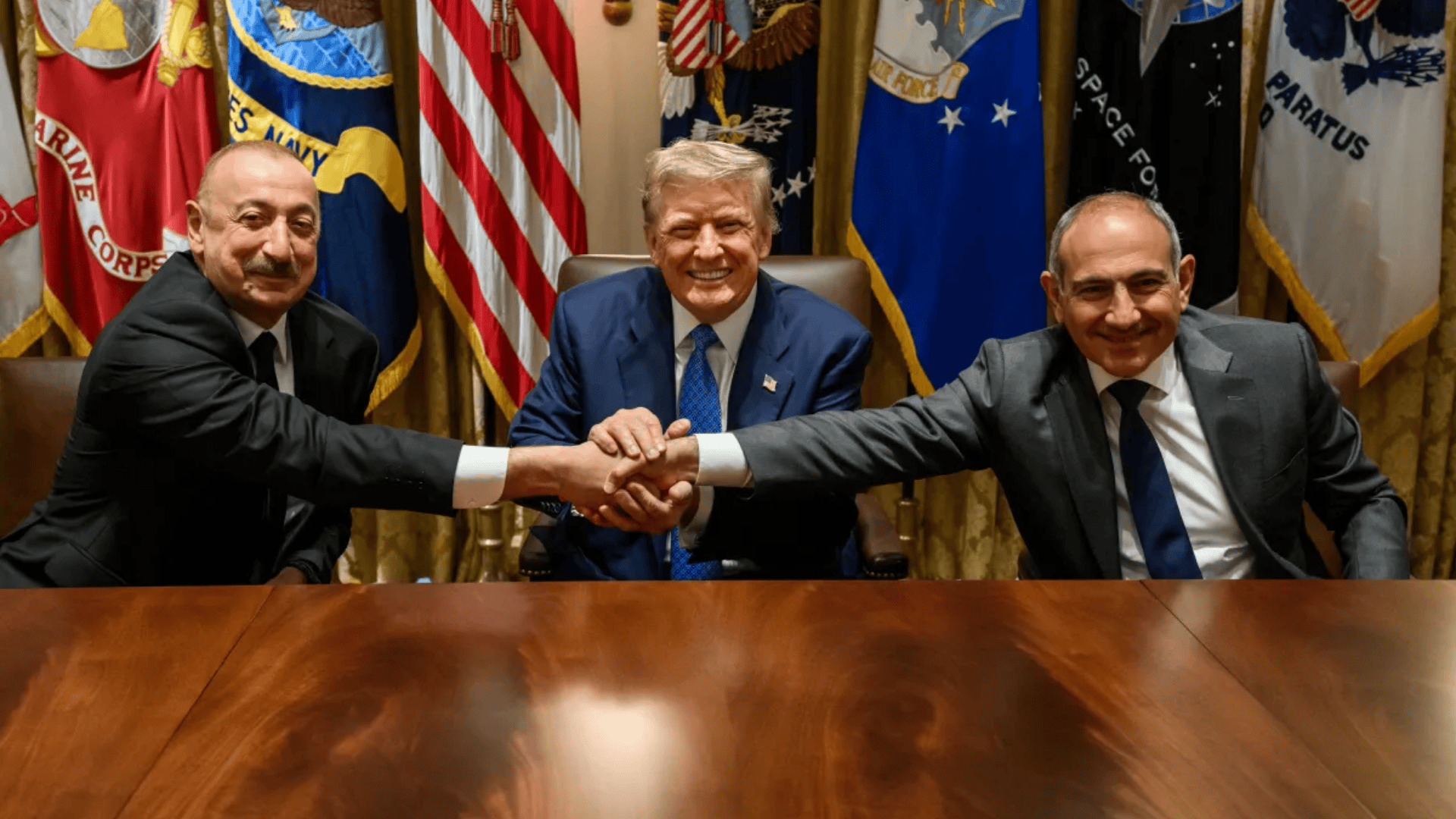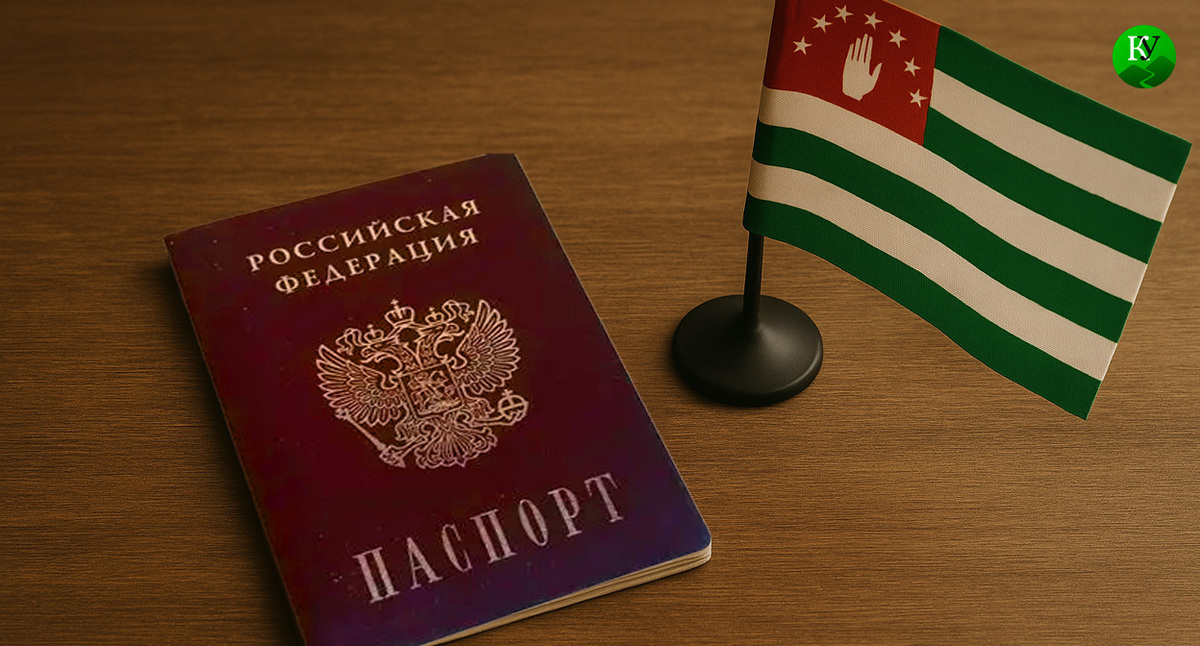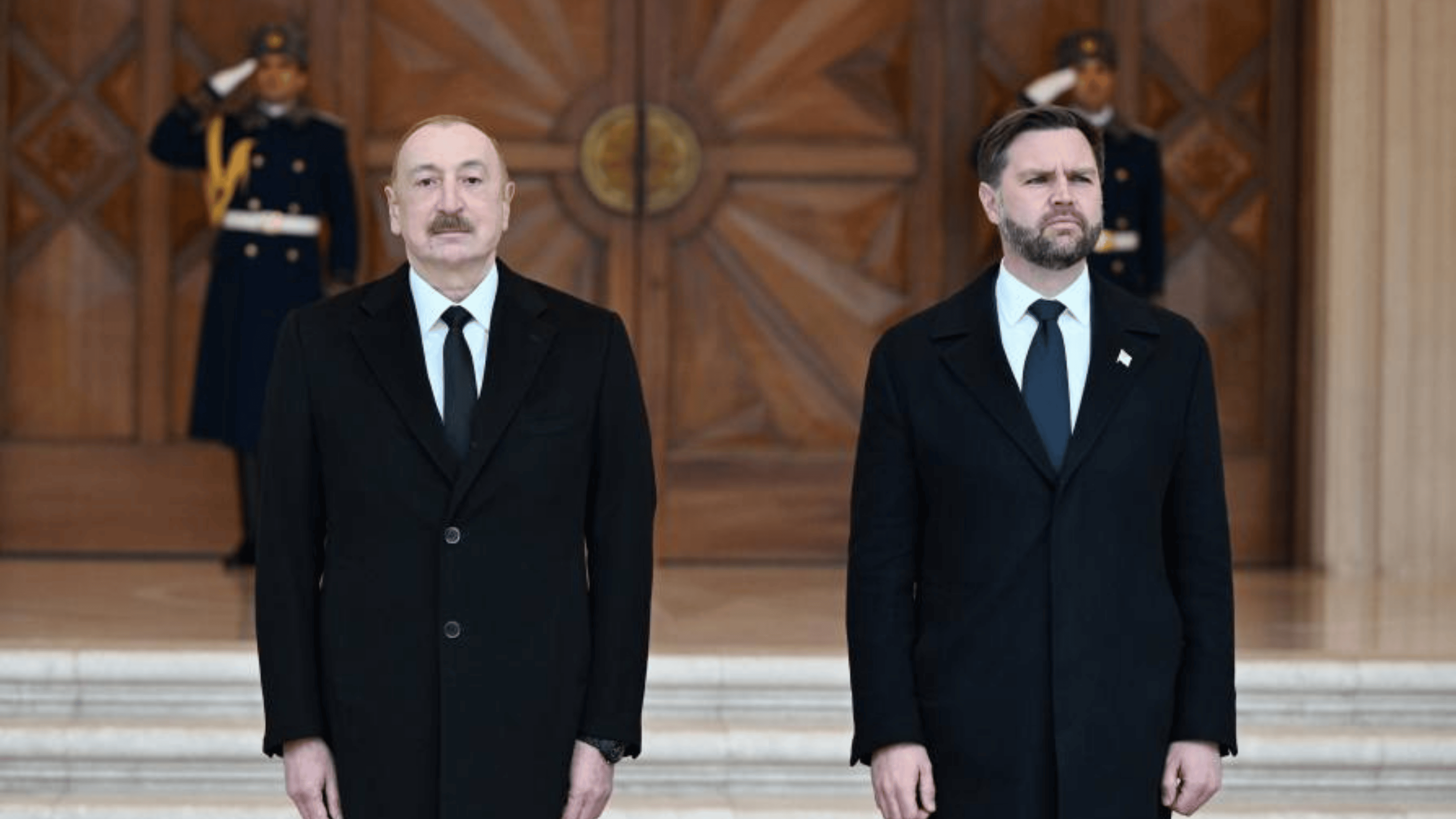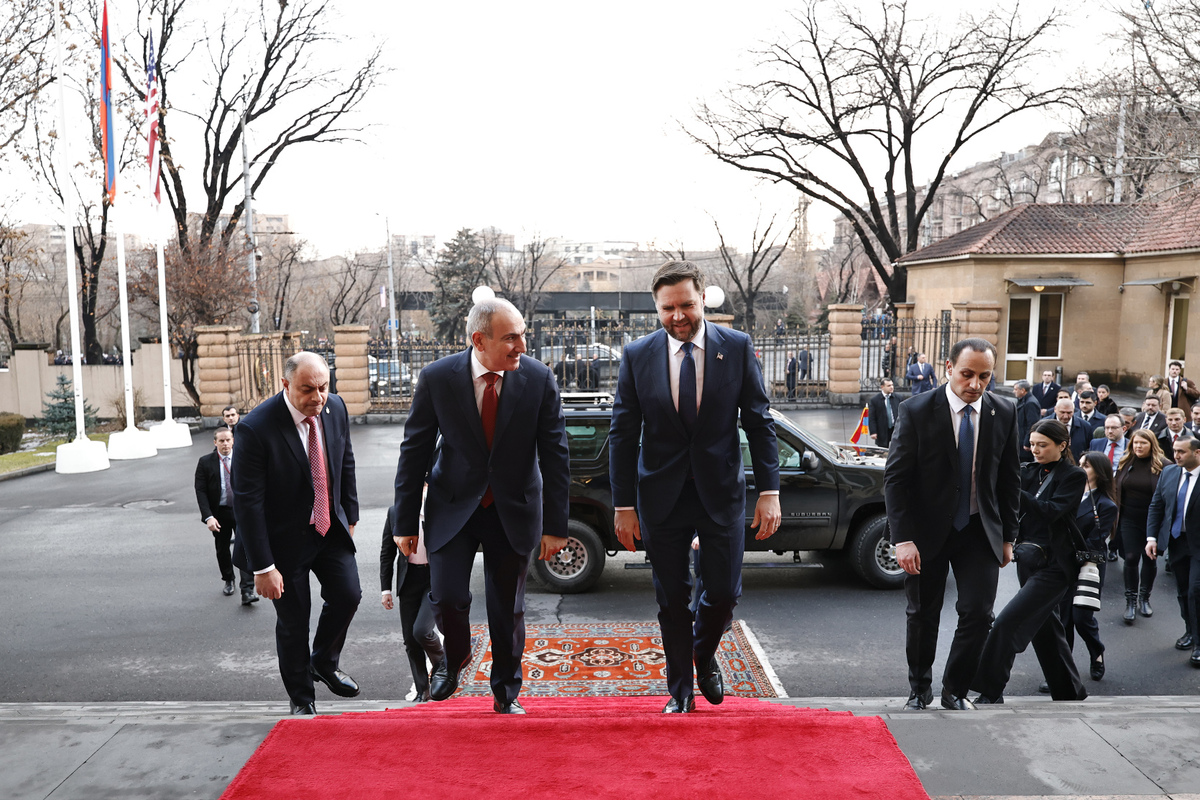Peace treaty text sparks mixed reactions in Baku
Azerbaijan-Armenia peace treaty
The peace agreement between Azerbaijan and Armenia has drawn a mixed public reaction.
The 17-point document sets out opportunities for cooperation in diplomacy, the economy, culture and humanitarian affairs, while committing both sides to refrain from hostile actions.
Once signed, it will require both countries to withdraw all legal claims, complaints and disputes, and to refrain from pursuing them in the future.
“Azerbaijan has made a major concession”

Ilgar Mammadov, a politician and former chair of the Republican Alternative party, believes the draft agreement does not clearly explain why it exists or what its purpose is.
He argues that while Armenia has formally renounced territorial claims, there is no guarantee other states will not support such claims in the future. Mammadov says the agreement should have made it explicit that Armenia’s territorial claims led to war and deportations – otherwise, Azerbaijan is making a major concession.
“Yerevan has only formally stepped back. In the past, we could at least respond to Armenian claims with our own claim to Western Zangezur. After the agreement, if they find another patron and act on it, what argument of justice will we have in response? I’m not talking about ‘rights’ – those don’t seem to exist – I’m talking about justice.
The draft should have at least acknowledged in some way that Armenia’s territorial claims opened the door to war and deportations. Otherwise, Armenia is now, as if nothing happened, negotiating with us about the future. By agreeing to this, Azerbaijan has made a huge concession. Will anyone recognise it? They should.”
He also says the document is too general and puts too much faith in the good faith of future actions.
“Looking at the text, I’m not convinced peace will last – but let them sign it, and we will all try to make sure there is no more war. An agreement alone cannot guarantee that.”
“We also had to make some concessions”

Political analyst Elkhan Shahinoglu takes a more pragmatic view of the document.
He says that including several of Azerbaijan’s demands in the Washington agreement is an important achievement. These include abolishing the Minsk Group, opening the Zangezur corridor and suspending Amendment 907.
Shahinoglu says that dropping the demand for compensation for Armenia’s 30-year aggression has been met with mixed reactions, but mutual concessions were inevitable.
“Obviously, in exchange for what we achieved, we also had to make some concessions. If Armenia hesitates to implement the points set out in the peace agreement, we can return to our demand for compensation. In any case, there needs to be healthy debate around this issue.”
“Hard to say what the mood in the region will be in 15–20 days”
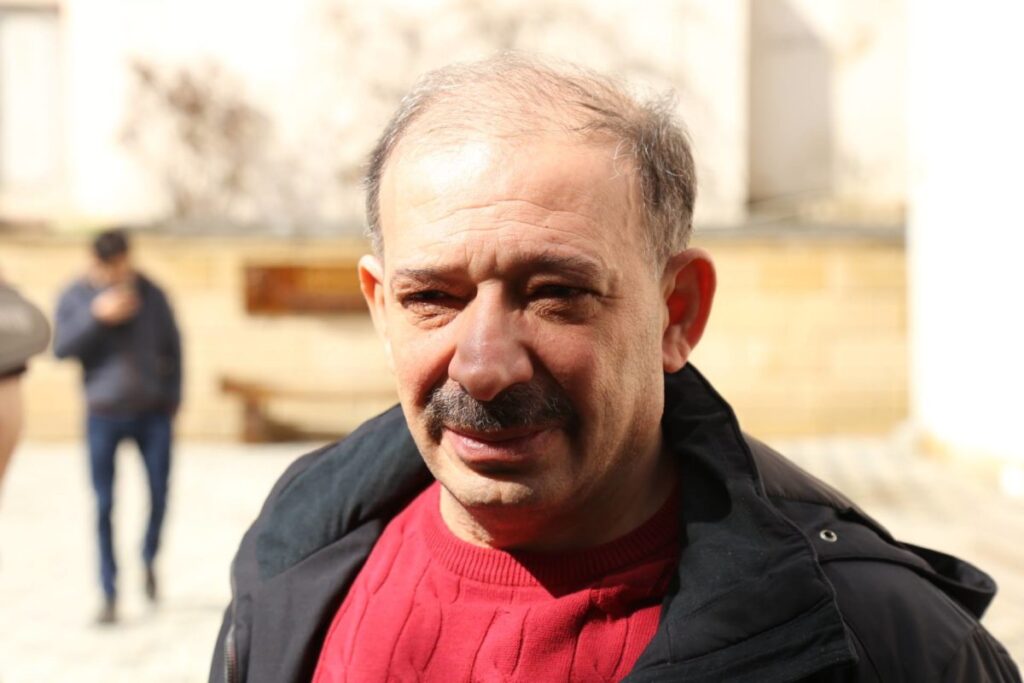
Political analyst Rauf Mirkadirov told Meydan TV that the process of bringing the peace treaty into legal force remains uncertain.
“For the signed agreement to be ratified in Armenia, a referendum must be held and constitutional changes made. In Armenia, the referendum is expected in 2027.
It is very hard to predict what the political situation in Armenia will be in two years’ time – or even what the mood in the region will be in three months or in 15–20 days. The 15 August meeting between Trump and Putin should also be taken into account.”
Mirkadirov said that after the 44-day war in 2020, the statement signed by Azerbaijan and Armenia with the participation of Russian president Vladimir Putin included a provision on the “Zangezur corridor,” which was meant to be under Russian control. “Today, that document is nothing more than a useless scrap of paper that no one recalls,” he said.
“Now, with Trump’s participation, they have signed a declaration. They called it the ‘Trump Path’. You see how quickly things can change.”
Still, he believes the declaration signed in the US can be seen as the basis for a peace agreement.
“This transport corridor is of great importance not only for Azerbaijan, but also for the wider region – for Turkiye, Central Asia, China and the European Union.”
While the published text of the peace agreement between Azerbaijan and Armenia sets out an important legal framework for lasting peace, discussion has shown it has drawn mixed reactions among the public and experts alike.
Although the deal is seen as a key step towards preventing another war, its durability will ultimately depend on future political will and mutual trust.
Azerbaijan-Armenia peace treaty










